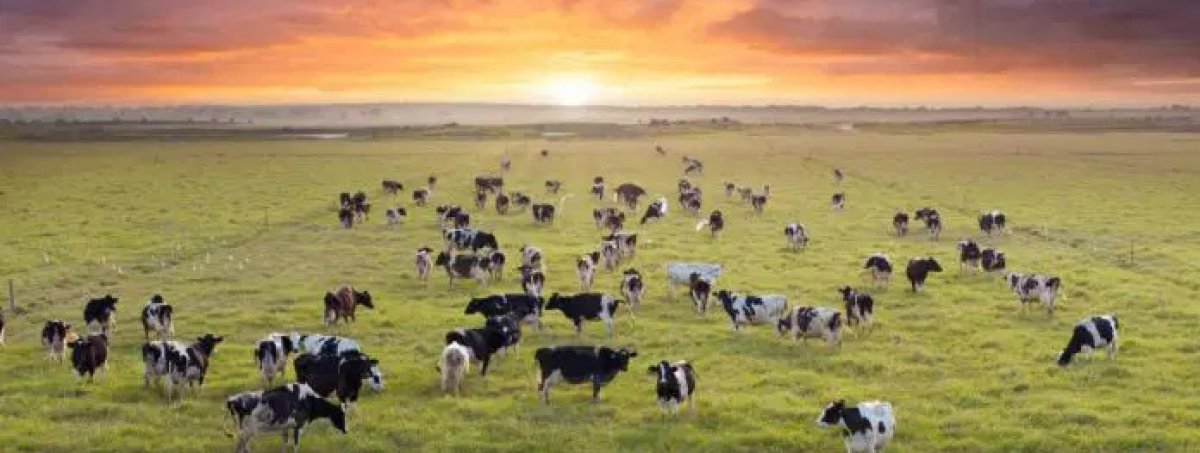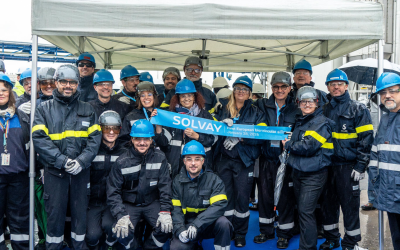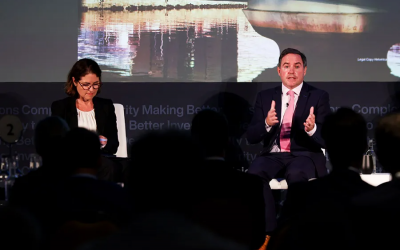A new international study warns that Ireland’s proposed “temperature neutrality” targets risk cementing existing inequalities in the global food system while undermining climate ambition. The policy would allow high agricultural methane emitters to maintain near-current levels, effectively “grandfathering” emissions and limiting development opportunities for food-insecure nations.
Researchers say this approach, also floated in New Zealand, prioritises protecting existing livestock export economies over deeper greenhouse gas cuts. By 2050, Ireland’s per-capita methane emissions could remain almost six times the global average, even as poorer nations face tighter constraints on agricultural growth.
Methane accounts for around 40% of global warming to date, and because it has a short atmospheric lifespan, cutting it is one of the fastest ways to curb temperature rise. Scientists argue that locking in current privileges delays innovation, stifles new markets for farmers, and places the Paris Agreement’s 1.5°C goal further out of reach.
The message is clear – climate policies that entrench the status quo in wealthy nations carry both ethical and economic risks on a global scale.
Read the full analysis and explore the implications for sustainable business strategy here.

















.png)

